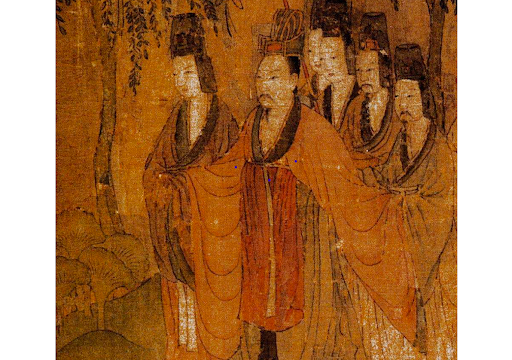Caocao (155 –220), a powerful Chinese warlord, statesman and poet of the Eastern Han Dynasty, had, of his many children, two prominent sons; Cao Pi and Cao Zhi. As a teenager, Cao Zhi exhibited great literary talent and was favored by his father. When the elder brother Cao Pi became the emperor, he considered his younger brother Cao Zhi a threat to his throne and set out to destroy him.
One day Cao Pi told Cao Zhi that he had to make a poem within seven steps or he would face execution. Cao Zhi rose to the challenge and created the following poem in less than seven steps:
The Seven Steps Verse (七步詩 Qi Bu Shi)
Beanstalks are ignited to boil beans, (煮豆燃豆萁, zhu dou ran dou qi)
In the pot the beans weep. (豆在釜中泣, dou zai fu zhong qi)
[We are] born of the selfsame root, (本是同根生, ben shi tong gen sheng)
Success
You are now signed up for our newsletter
Success
Check your email to complete sign up
Why in such a rush to fry me! (相煎何太急, xiang jian he tai ji)
Cao Zhi compared himself to beans in a pot, and Cao Pi to the beanstalks aflame beneath the pot. The beans and the stalks had grown from the same plant, but now the stalks were using their energy to cook the powerless and helpless beans in the pot.
Cao Zhi uses this metaphor to allude to the fact that Cao Pi and he were biological brothers and should be sincere in their love for each other, yet now the elder brother was attempting to kill the younger one. His sadness and bitterness was evident.
The apt metaphor, cleverly phrased, easy to understand and profoundly meaningful, was said to have moved his brother Cao Pi to feel shame and regret.














